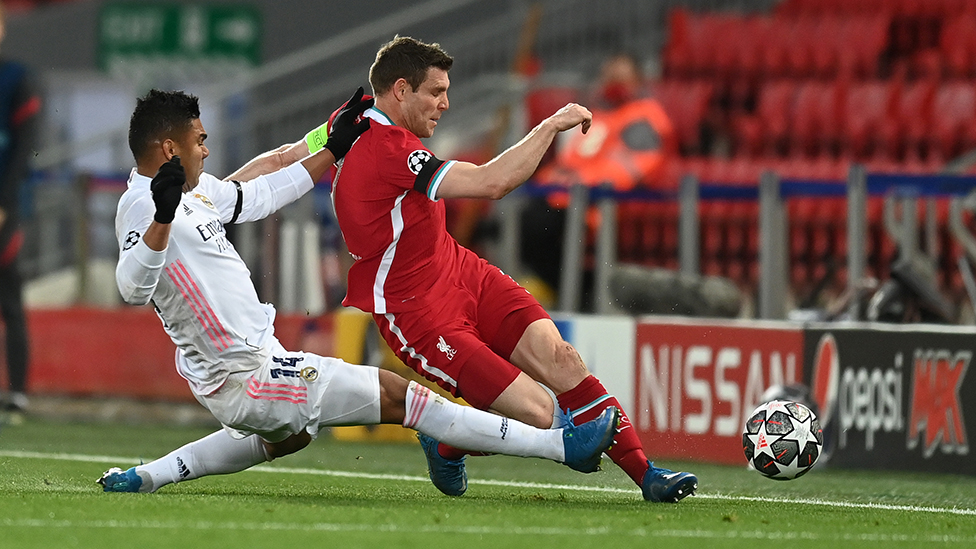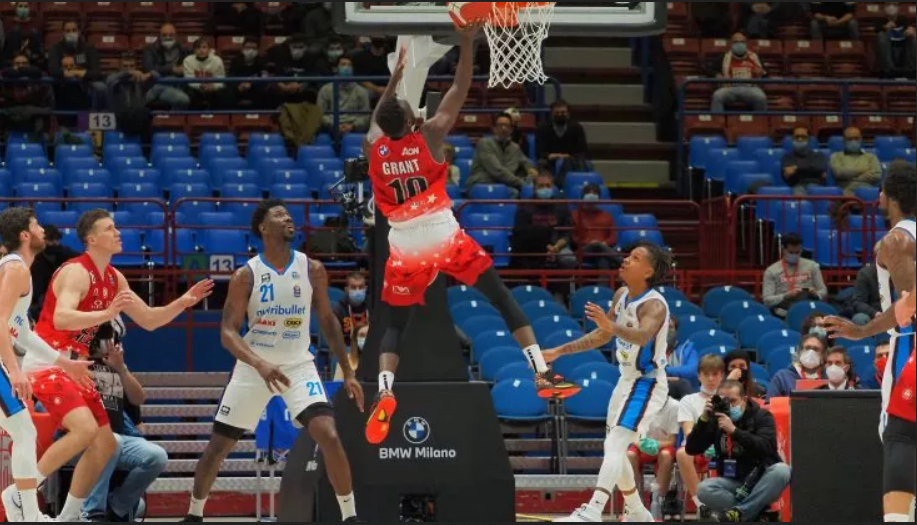So what is the real gambling culture?

When we take a game, a sport, whatever it is, to its maximum competitiveness, to the sometimes obsessive desire to succeed at all costs, we are stripping it of its playful content.
At the time it was called "amateurism", in the sense of non-professionalism, but the desire to triumph over the other or over others did not change the equation too much.
The idea of competing for the sake of competition itself no longer exists, it has long been lost.
Numerous philosophers and sociologists have tackled the subject with varying degrees of success. One of them, internationally renowned, Julián Marías, once said that, "without thinking that I am talking about football, when you know what is going to happen, nothing is going to happen", thus stripping the outcome of a football match, in this case, of its greatest component: the uncertainty of the result.
This leads to a fierce struggle to obtain it, i.e. to achieve victory. And this is when the playful, romantic, altruistic, chivalrous component, the cornerstone of Baron Pierre de Coubertein's thinking when he instituted the Olympic Games, is completely lost.
What then is the true culture of the game or sport?

Is it possible to plan a collective play? Yes, it can. But nothing ensures that it will be fulfilled.
Some sports thinkers have drawn a similarity between playing football and travelling through traffic. The goal of playing football is to win. The goal of travelling is to reach the destination.
In football there are many imponderables that can prevent us from getting a good result, i.e. a win: the opponent, bad luck, the referee with his mistakes, the players' own inability to react to adversity, their own mistakes, etc.
In the case of driving a car through traffic, we can get stuck in the middle of other cars, we can have an accident or the car can simply break down.
These are all imponderables that prevent us from achieving our goal.
The game is a passion of the crowds as a famous Argentinean sports journalist used to describe it.
A well-known sports journalist such as Dante Panzeri once wrote that "football is not only an art of the unexpected, it is the true definition of improvisation" and argued that "in football all action is combative, it is total opposition".
And he was absolutely right.
Perhaps sporting culture is deeply rooted in the concept of success and victory that it pursues.
A culture of exaltation not devoid of the flashes of quality with which each sportsman is able to impregnate it.
If we accept that the culture of play, competition and exhibition are part of the essence of some professional sports such as football, we may be getting closer to the modern reality of sport.
Even if Baron de Coubertein does not agree with this. The Olympic Games are becoming more and more popular and sportsmen and women from all over the world are contributing to this. Supported by sponsors and patrons who are part of their own culture.
Their very survival depends on it.



Why pay something if you aren't playing to win is the way things have been for a while now.I hate it when people say it is the taking part that counts as you have already lost already with those thoughts. The Olympics used to be the only amateur sport around and how that changed fast. Athletes that train 7 days a week, 52 weeks a year are more calculated than ever now and it is all about winning.
Why are certain football clubs supported more than others tells you something as winners attract support and when that doesn't happen an expectation still remains and managers are fired. Results are everything and people don't care how they are achieved.
I agree with your reasoning.
My position was not to defend amateurism (something impossible with today's super-professionalism) but to try to reason what is the true culture of sport.
If the "mens sana in corpore sano" of the Greek Olympics was still valid - in which case we would be talking about a "pure sporting culture" - or if, on the contrary, the true sporting culture goes hand in hand with the results (which are obviously much better as techniques and even clothing are improved) that proliferate with professionalism.
Leaving aside football, which, as a simple sport originating in many working class neighbourhoods with few resources, and extending the reasoning to all other sports.
But, even more, taking it to the daily practice that we all can (or not) do, without being linked to any institution.
I would say more: play and win. But what I see as dangerous is to put that money mentality into a kid who is just starting out. I've seen it in Italy where parents pay big money for their kids to play in the lower divisions of any club.
This is very applicable in modern sports societies that are owned by one or more persons. In clubs, understood as non-profit public good entities (Real Madrid falls in the first case and Barcelona in the second, just as examples of two major international clubs), the achievement of results takes on less significance, although the dismissal of coaches and athletes is always within reach.
It's a real pleasure to discuss these issues with you @cryptoandcoffee.
Regards.